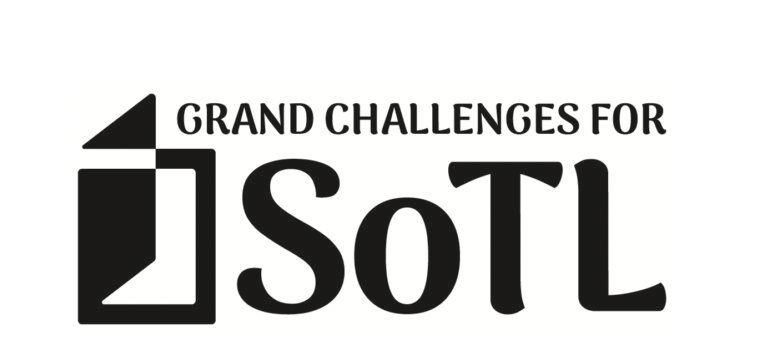Corrections, criticisms, and questions that you find on a graded paper or other assignments can be one of the most useful contributions a professor or teaching assistant offers you in your classes. Instead of regarding these notes on your work as a sign of failure or something to be avoided and left unread, they can be instructive and can be incorporated into your future work. After all, a teacher invests time into your writing, not principally to assign you a grade, but to point out where you can develop a as reader, thinker, and writer.
How can you incorporate grading comments into your future work? First pay attention to the kind of notes made on your corrected work, since each kind leads you to develop in a different way. Four kinds of grading notes will be described below, along with suggestions about how they can transform your work:
proofreading corrections,
writing style critiques,
topic-specific corrections,
and questions.
Proofreading Corrections
Some of the simplest comments identify mistakes in spelling, punctuation, and grammar. While sometimes mistakes of this kind are simply typos (accidental mistakes), sometimes they occur from a lack of understanding and may be repeated in the future. These sorts of mistakes can be remedied by simple self-study through readily available resources in person, print, or online.
Examples
Confused about commas and apostrophes? Consult a punctuation guide.
Frustrated by grammar and sentence structure? Review a grammar guide.
Unsure about spelling, such as centre vs. center? Consult a dictionary.
Did you use a word incorrectly? Compare the meaning of your word with a proposed alternative.
Consider this example:
Halifax Harbours depth and size, make it an ideal port, for the largest cargo barges and cruise liners.
Above, Harbour is possessive, and so requires an apostrophe before the ‘s’.
“For the largest” etc. In a subordinate clause and does not need to follow a comma
A large seagoing vessel for carrying cargo is not a barge, but a ship
A corrected sentence would read:
Halifax Harbour’s depth and size, make it an ideal port for the largest cargo ships and cruise liners.
Paying attention in these little matters can have a large payoff, because if you keep note of what small mistakes you should avoid in the future, you can keep your work clear of errors that distract your reader (and marker!) from the very points you are trying to communicate.
Once you have identified your mistakes and taken the time to learn how to correct them, you can double-check to see if you can find and correct similar mistakes in your paper. After all, a grader might not highlight or catch all of them, especially if they are numerous. However, by putting your new knowledge to the test, you can solidify you own skills for your future work.
Writing-style Critique
It is possible escape any errors in grammar and spelling and still leave your reader wondering what you meant to say. You may have seen the word “awkward” or “awk.” if your writing is difficult to read, or “unclear” if your message is uncertain. Sometimes readers might also ask if you meant to say something else. Such comments require taking a close look at the troublesome sentence. Your reader might identify the problem, but if not, read it aloud to look for the problem.
Examples
Did you place subordinate clauses (“since…”, “when…”, “which…”) in way that obscured the connection to the rest of the sentence?
Were your pronouns’ antecedents (the nouns they are replacing) unclear?
If there is more than one subject of the sentence, are they clearly distinguished?
Is your sentence so long that it becomes unclear?
Does the sentence seem to have no explicit connection to anything other sentence around it?
If you reader proposed what they thought you meant, does it match your intended meaning?
Keep a list of what made your writing hard to read or unable to communicate your meaning. How? Just ask why my writing was unclear or awkward—then add a “do not” to the answer and do the opposite! You will build up list of tips of what to avoid and what do. If you do not overuse demonstrative pronouns (“this”, “that”), do use concrete (?) nouns. Remember, you goal in writing is to communicate your ideas. Even the most brilliant idea, confusedly communicated, is unlikely to be received.
Topic Specific Corrections
Even when you do communicate your ideas clearly, you might find some red ink if your reader offers corrections related to the topic. Your reader is a specialist in the topic and may find mistakes or misunderstanding in your writings.
Examples
Did you interpret data or arguments from your source material incorrectly, or misread your source?
Did you omit of key details of your subject?
Was the question your set out to answer unanswered?
Such corrections present an opportunity to help you understand your subject better. Often, they point out where you should go back to your sources and reread them. If you find yourself confused about the corrections, you should approach your reader and ask for clarification. Raising questions with your professors is another way your can learn from them and begin to gain a mastery of your chosen subjects. After all, what are university subjects except asking questions?
Engaging Questions
Questions are not a one-way street. One last kind of red ink you might find on your writing is a question from your professor about your argument. This is often the highest level of engagement from your professor, inviting you to think about your topic in a deeper (more detailed) way or from another perspective to help you refine or strengthen your argument or guide you to a more tenable thesis.
Examples
Did your professor present an alternative reading of your sources?
Is additional information provided that supports your argument or presents an opportunity to develop it?
Did your reader propose an implication of your argument that you did not develop?
Discussion or dialectic is among the highest form of communication because it offers an opportunity to refine our understanding of a subject, understand multiple perspectives, and help us become more careful and nuanced thinkers.





























